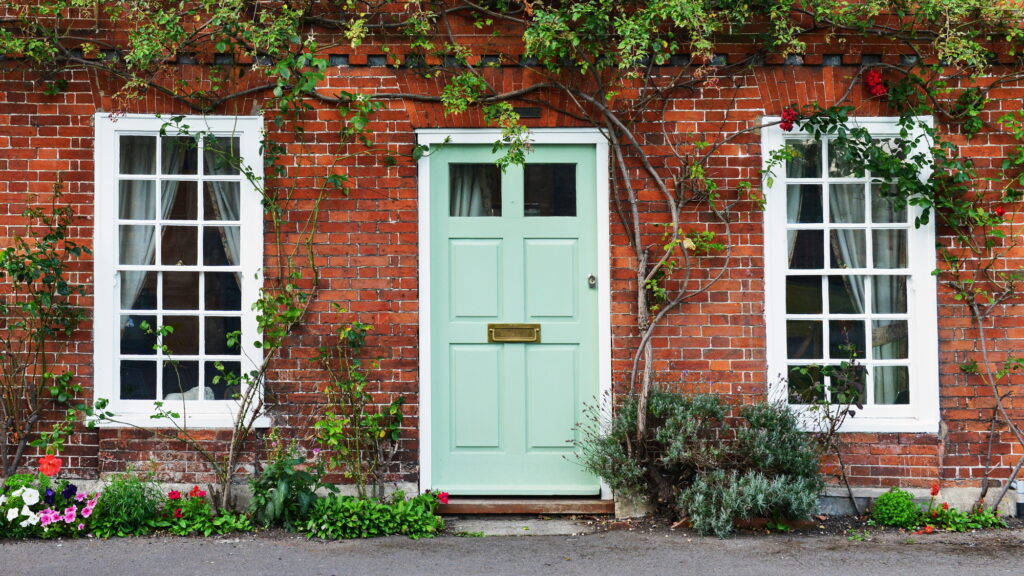Oldie but Goodie: The Best and Worst Parts About Buying an Old House
You may love the idea of moving into a charming fixer-upper, but are you ready for the reality of buying an old house?
There are plenty of amazing reasons to love an older home, but it’s important to remember that a lot more work is required of older properties than the home renovation shows tell you.
How do you know if an older home is right for you? Before making up your mind, it’s helpful to weigh up both the pros and cons.
To find out more, keep reading to find some of the best and worst parts about buying an older home—then, decide if it’s right for you!
The Best Things About Buying an Old House
Imagine moving into a spectacular old farmhouse, rich in history. There are so many great things to love about buying a house that’s older—here are a few of the benefits.
Well Built
They say that ‘they don’t build them like they used to’, and this is completely true when it comes to older homes. Many people love older homes for their solid construction, built from brick and able to last for hundreds of years.
Unlike modern homes, which are often prefabricated and quickly put together, older homes offer quality craftsmanship that’s built to last. Homes made of brick and stone tend to last the longest.
May Be More Affordable
Sometimes, older homes are less desirable, since they often need some work. This means you can often get an older home for a lower price.
If you’re on a budget, affordability might be a big reason to consider an older property. However, before you jump on what appears to be a great deal, undertake a home inspection to see if the home needs work—which could end up costing you big bucks.
Larger
If you’re after space, older homes are often larger and built on generous-sized parcels of land. While newer homes are often built in subdivisions, older homes are more likely to be more spacious.
You’ll have plenty of room to let the kids play, adopt a few pets, or even run your small business from home.
More Charm and Character
Do you prefer a home that’s unique and different from every other? If so, you don’t need a new, cookie-cutter home—you need an older home.
There’s so much character in old homes—think gingerbread detailing, wraparound front porches, skeleton keys, and lovely worn brick. You can almost feel the history as you walk through an old home, walking in the footsteps of those who came before you.
Whether it’s a home that’s 200 or 50 years old, you’re sure to find period touches that make the home special and treasured.
When Buying an Old House, What Should You Consider?
Sure, there is plenty to enjoy when you buy an older home, but are there any disadvantages? For many buyers, the pros outweigh the cons, but there are still a few things to be wary of.
Expensive Repairs
An older home sometimes needs expensive repairs, such as a roof replacement, fire cleanup after previous fire damage, or a new HVAC or plumbing system. Everything wears out over time, so if a home hasn’t been regularly maintained, then it’s going to require a lot of work.
Wondering what to look for when buying an old house to help avoid pricey repairs? We recommend checking the home’s foundation, electrical systems, plumbing, and also looking for evidence of water damage.
There are plenty of older homes in great condition, so put in the effort to find a home that won’t require too much work.
Dangerous Building Materials
Another concern when buying an older home is dangerous building materials, such as asbestos.
Asbestos is a fiber that was commonly used in insulation in both homes and commercial buildings up until the 1970s, when it was found to be a carcinogen—meaning, it causes cancer.
Hire an inspector before purchasing to make sure no dangerous materials are in the home. If they are, don’t try to remove them on your own, as it’s too dangerous,
Instead, use a professional company to get the job done safely.
Old Appliances
Old homes usually have old appliances, unless they’ve been recently remodeled. Fridges, dishwashers, HVAC systems, and bathroom fixtures are likely outdated and might be on their last leg.
The plus side of this is that home buyers can redesign their home to their own style and preferences, installing new appliances. New appliances can be expensive though, so make sure it’s in your budget.
Closed Floor Plans
Homeowners often love the open plan look, but this a contemporary design. Most older homes will have more closed floor plans—the kitchen, dining room, and living room are all likely to be separate rooms, each with closed doors.
Are you ok with a closed floor plan? If not, you can open it up, but be prepared for expensive renovation costs.
Is Buying an Older Home Right for You?
So, is buying an old house the right choice for you? Think about the above pros and cons before making your decision.
Remember, there’s no right or wrong answer, so trust your instinct and go with whatever feels right for you and your family. If you decide an older home is what you want, start looking for properties online and visit some open houses—you’re sure to find your dream property!
Was this article useful? If so, please keep reading for more exciting content.
